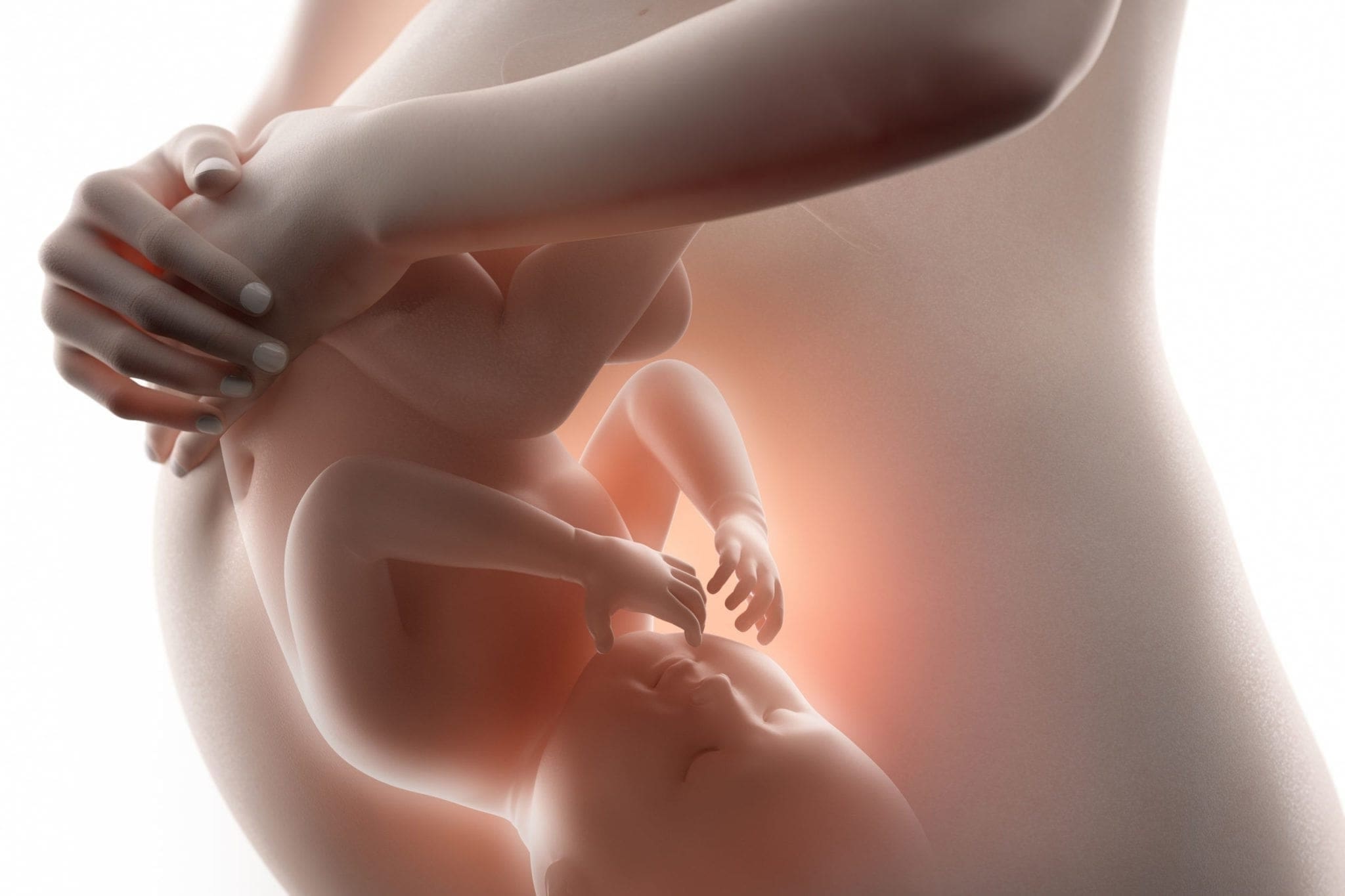
Diethylstilbestrol (DES), a synthetic estrogen, was prescribed to pregnant women between the 1940s and 1970s to prevent miscarriages and other pregnancy complications. However, this drug caused significant health issues for both the mothers and their children. Fetal exposure to DES has been linked to a range of problems, including reproductive tract abnormalities, increased cancer risk, and fertility issues. Understanding these effects is crucial for those affected and their healthcare providers. This blog post will delve into 30 essential facts about fetal DES exposure, shedding light on its history, impact, and ongoing health concerns. Whether you're a DES daughter, son, or simply curious, these facts will provide valuable insights into this complex medical issue.
Key Takeaways:
- DES, a drug once hailed as a miracle for preventing pregnancy complications, has led to serious health risks for those exposed, including increased cancer and reproductive issues.
- The impact of DES exposure extends to future generations, leading to legal battles, ongoing research, and the need for regular screening and support for affected individuals.
What is Diethylstilbestrol (DES)?
Diethylstilbestrol (DES) is a synthetic estrogen first synthesized in 1938. It was prescribed to pregnant women to prevent miscarriages and other pregnancy complications. However, its use led to unforeseen consequences.
- DES was initially hailed as a miracle drug for preventing pregnancy complications.
- It was widely prescribed between the 1940s and 1970s.
- DES is a nonsteroidal estrogen, meaning it mimics the hormone estrogen without being a steroid.
Health Impacts on Pregnant Women
The effects of DES on pregnant women were not fully understood at the time. Over the years, research has revealed significant health risks.
- Women who took DES have a higher risk of developing breast cancer.
- DES exposure can lead to reproductive tract abnormalities.
- Some women experienced an increased risk of developing clear cell adenocarcinoma, a rare type of cancer.
Effects on DES Daughters
DES daughters are women exposed to DES in utero. They face unique health challenges due to this exposure.
- DES daughters have a higher risk of developing clear cell adenocarcinoma of the vagina and cervix.
- They often experience structural abnormalities in their reproductive organs.
- DES exposure can lead to fertility issues and increased risk of ectopic pregnancies.
- DES daughters are more likely to experience premature births and miscarriages.
Effects on DES Sons
DES sons are men exposed to DES in utero. They also face specific health risks.
- DES sons have a higher risk of developing non-cancerous epididymal cysts.
- Some DES sons experience testicular abnormalities.
- There is an increased risk of infertility among DES sons.
- DES exposure can lead to an increased risk of testicular cancer.
Transgenerational Effects
The impact of DES exposure doesn't stop with the first generation. Research suggests that the effects can be passed down to subsequent generations.
- Grandchildren of women who took DES may face increased health risks.
- Some studies indicate a higher risk of reproductive issues in DES grandchildren.
- There is ongoing research into the potential cancer risks for DES grandchildren.
Legal and Social Implications
The widespread use of DES has led to numerous legal and social consequences.
- Many lawsuits have been filed against pharmaceutical companies for the adverse effects of DES.
- DES exposure has led to increased awareness and regulation of drug safety during pregnancy.
- Support groups and advocacy organizations have been established for DES-exposed individuals.
Current Research and Awareness
Ongoing research continues to uncover new information about DES and its long-term effects.
- Scientists are studying the epigenetic changes caused by DES exposure.
- Research is being conducted to understand the full scope of DES's transgenerational effects.
- Awareness campaigns aim to educate the public about the risks associated with DES exposure.
Preventative Measures and Screening
For those exposed to DES, regular screening and preventative measures are crucial.
- DES daughters should have regular gynecological exams, including Pap smears and pelvic exams.
- DES sons should undergo regular testicular exams.
- Both DES daughters and sons should inform their healthcare providers about their exposure history.
Support and Resources
Numerous resources are available for individuals affected by DES exposure.
- The DES Action USA organization provides support and information for DES-exposed individuals.
- Online forums and support groups offer a community for sharing experiences and advice.
- Healthcare providers can offer guidance on managing health risks associated with DES exposure.
The Legacy of DES
The story of DES serves as a cautionary tale about the importance of drug safety and regulation.
- DES has led to stricter regulations for drug testing and approval processes.
The Impact of Fetal Diethylstilbestrol Exposure
Fetal Diethylstilbestrol (DES) exposure has left a lasting mark on many lives. This synthetic estrogen, once prescribed to prevent miscarriages, later revealed its dark side. Studies have shown that DES exposure can lead to a range of health issues, including reproductive problems, increased cancer risk, and other medical conditions.
Understanding the history and consequences of DES is crucial for those affected and for medical professionals. It highlights the importance of rigorous drug testing and the need for ongoing research into long-term effects of medications.
If you or someone you know was exposed to DES, it's essential to stay informed and seek medical advice. Awareness and education can help manage potential health risks and support those impacted by this drug. The legacy of DES serves as a reminder of the delicate balance between medical advancements and patient safety.
Frequently Asked Questions
Was this page helpful?
Our commitment to delivering trustworthy and engaging content is at the heart of what we do. Each fact on our site is contributed by real users like you, bringing a wealth of diverse insights and information. To ensure the highest standards of accuracy and reliability, our dedicated editors meticulously review each submission. This process guarantees that the facts we share are not only fascinating but also credible. Trust in our commitment to quality and authenticity as you explore and learn with us.
